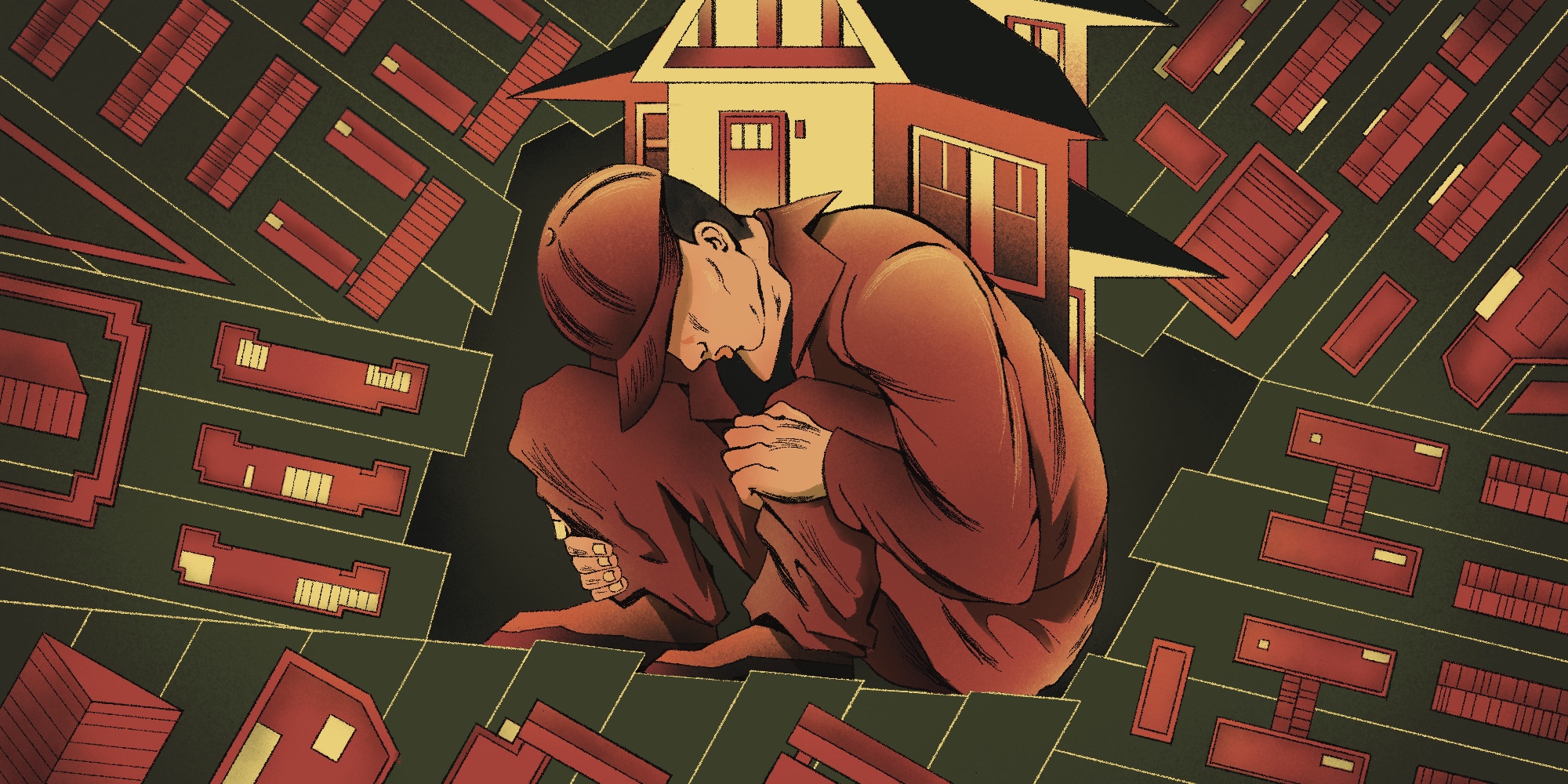
The story of vinyl flooring begins 6,600 miles away in the Xinjiang region of northwestern China, where it is intertwined with the persecution of the predominantly Muslim Uyghurs. The same month that Merth wrote her 2020 blog post, in a village in southern Xinjiang, 30-year-old Abdurahman Matturdi was herded onto a bus emblazoned with the words “Zhongtai Chemical.” That’s short for Xinjiang Zhongtai Chemical Company, a Chinese government-owned petrochemical firm that is one of the world’s largest manufacturers of polyvinyl chloride, or PVC, a type of plastic that is a critical ingredient in vinyl flooring. The World Health Organization had just declared Covid-19 a pandemic, and factories across China were shutting down to protect workers and prevent the coronavirus’s spread, but Zhongtai’s PVC plants were humming. Matturdi, whose story is detailed in a post on the company’s WeChat account, left behind his wife, newborn baby, and ailing mother. Hours later, he arrived in the regional capital of Ürümqi, where people in his group were assigned dormitory beds and given military fatigues to wear. Instead of watching his baby learn to walk or caring for his mother, he would spend his days laboring in Zhongtai’s facilities, exposed to both toxic chemicals and a frightening new virus.










